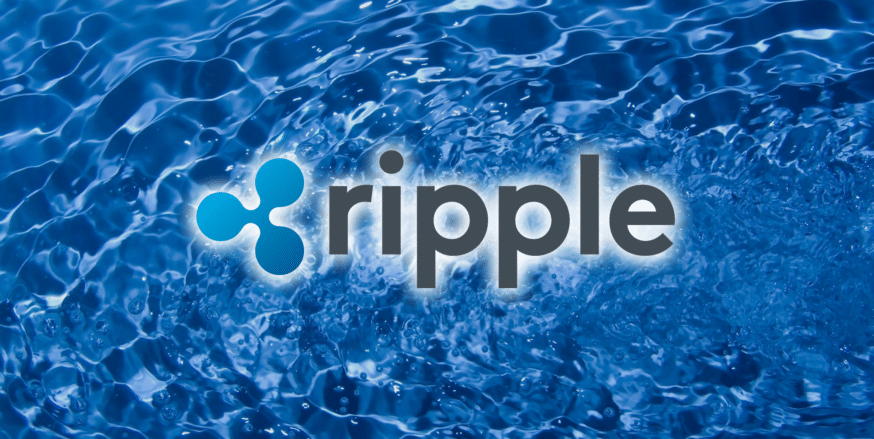TLDR
- Ripple has regained access to private fundraising after the SEC granted a regulatory waiver.
- The decision removes Ripple’s bad actor designation and restores its use of Regulation D exemptions.
- The waiver lifts a five-year fundraising restriction imposed after a prior court ruling.
- Several publicly listed companies have recently disclosed XRP holdings alongside other cryptocurrencies.
- Ripple’s restored fundraising ability may support its plans to pursue a national bank charter.
Ripple has regained access to a key fundraising pathway after the U.S. Securities and Exchange Commission granted a regulatory waiver. The decision removes the company’s “bad actor” designation, restoring its ability to raise private capital under Regulation D. This marks a significant shift in Ripple’s legal standing and operational flexibility.
Ripple Gains SEC Approval for Capital Raising
The SEC lifted a five-year fundraising restriction that had prevented Ripple from using certain private placement exemptions. These exemptions allow companies to raise unlimited funds from accredited investors without full SEC registration. Rule 506(d) had blocked Ripple after a prior court ruling deemed the company in violation of securities laws.
Judge Analisa Torres’ earlier decision had left Ripple with costlier and more complex fundraising routes. The waiver now eliminates those obstacles, enabling faster and more efficient capital raising. “This relief restores an important tool for growth,” a filing stated.
The notice granting the waiver included specific conditions and signaled that crypto-related cases may be considered individually. This approach could influence the resolution of future enforcement disputes. Ripple can now better position itself ahead of potential market expansion.
Growing Corporate Interest in XRP
The waiver coincides with more publicly listed companies adding XRP to their balance sheets. Quantum Biopharma Ltd disclosed holdings in XRP and Ethereum alongside Bitcoin, Dogecoin, and Solana. Worksport Ltd also holds Bitcoin and XRP, with approval to purchase up to $5 million in both.
Flora Growth Corp. and Hyperscale Data Inc. confirmed XRP allocations, while Ault Capital Group announced plans to invest $10 million for settlement use. These developments show growing institutional engagement with XRP despite ongoing market uncertainty. Companies are also diversifying to hedge against inflation and improve liquidity strategies.
VivoPower raised $121 million to establish a specialized XRP treasury. The company linked its plans to potential federal initiatives, including Donald Trump’s proposed Strategic Digital Asset Reserve. This move reflects a broader strategic alignment with blockchain-based payment systems.
SEC Decision Enhances Ripple’s Growth Potential
Regaining Regulation D access strengthens Ripple’s financial toolkit and accelerates strategic goals. The ability to raise capital privately could support Ripple’s pursuit of a national bank charter. The company may now streamline fundraising timelines while reducing legal and compliance costs.
This added flexibility enhances Ripple’s position in the evolving regulatory environment. The decision also reflects the SEC’s willingness to tailor relief in specific crypto cases. Market observers will watch how Ripple leverages this regained capability in upcoming initiatives.
Ripple’s legal progress, combined with growing corporate adoption of XRP, sets the stage for expanded market participation. The waiver’s approval marks another significant step in the company’s ongoing push for regulatory clarity.








